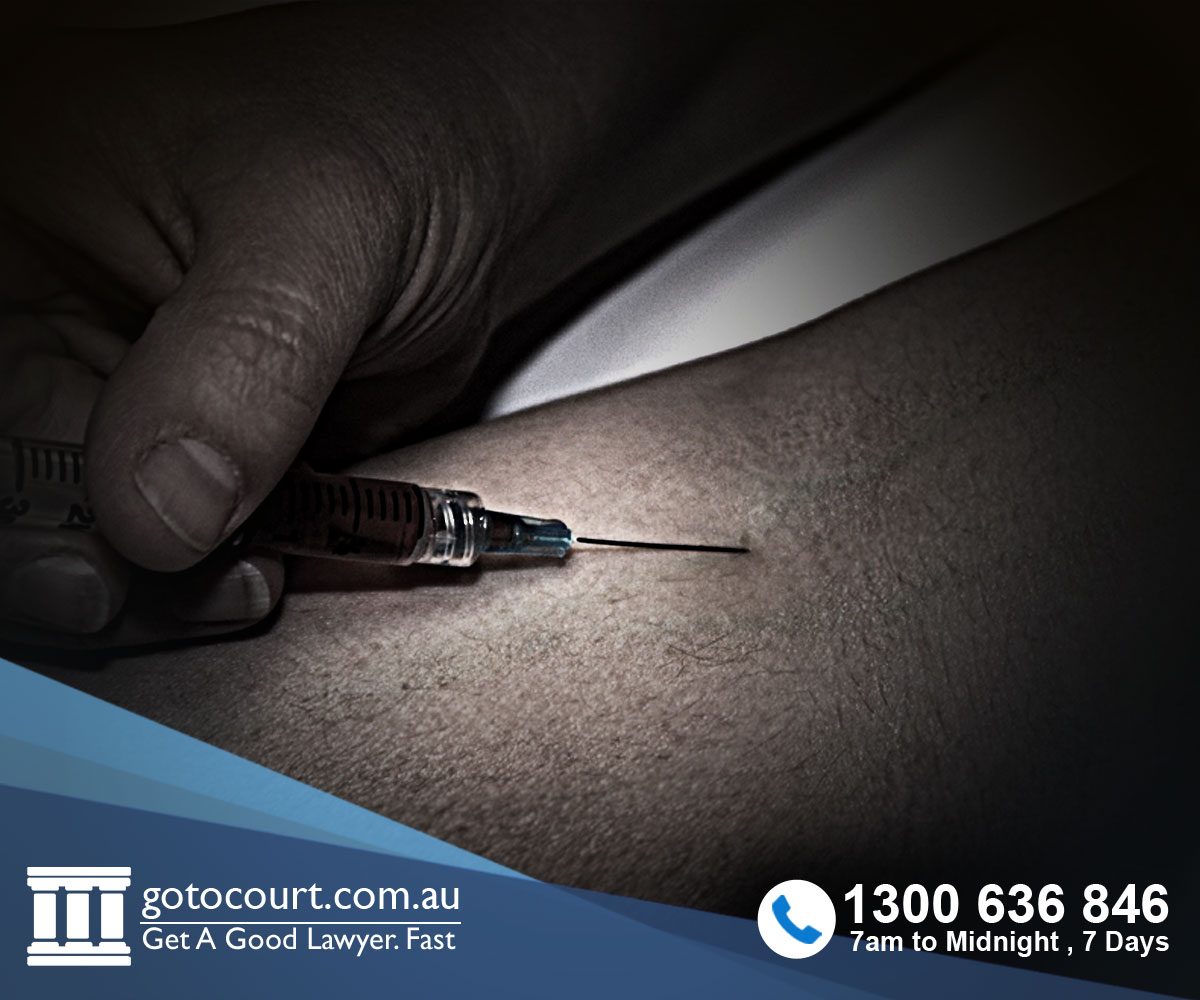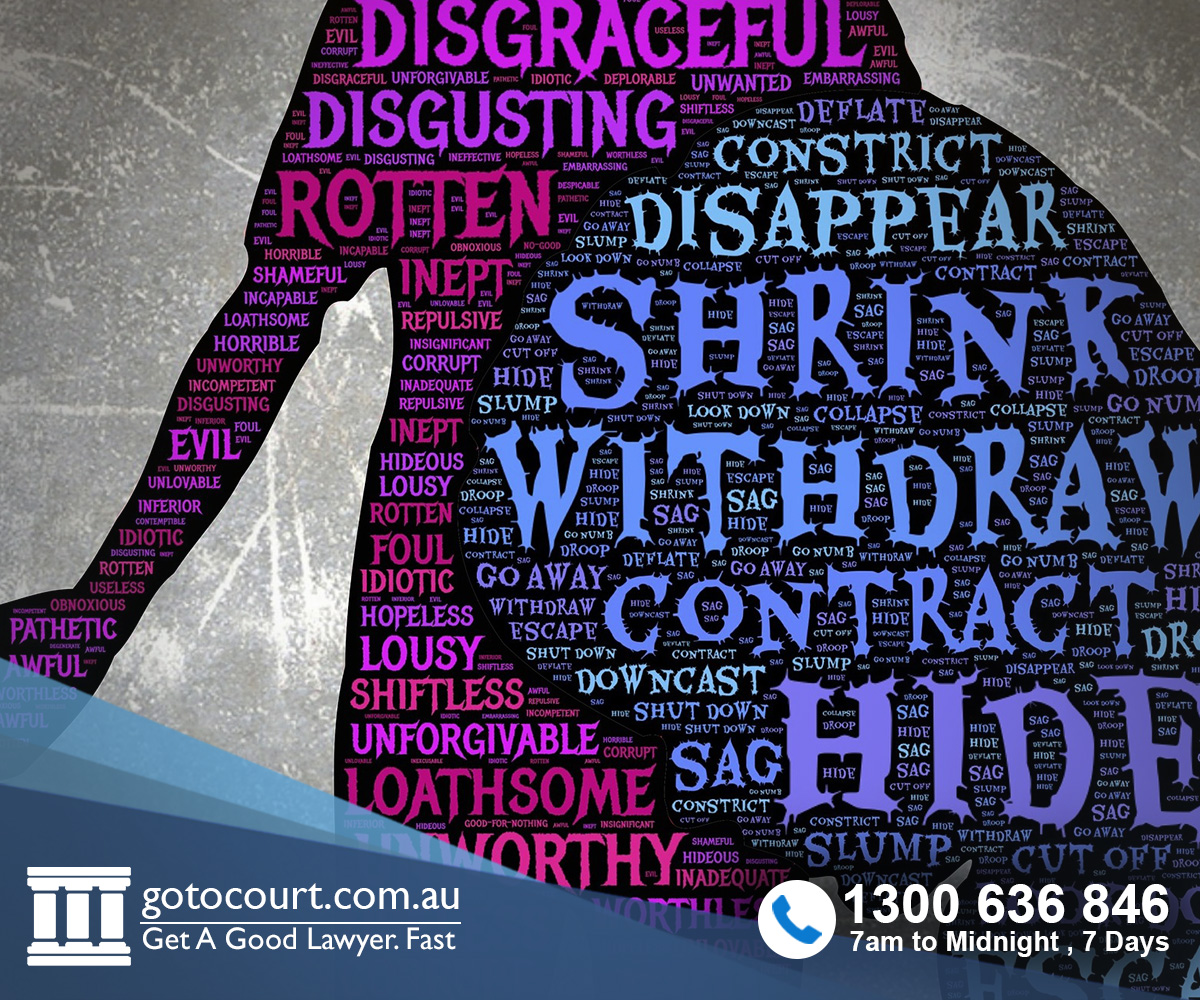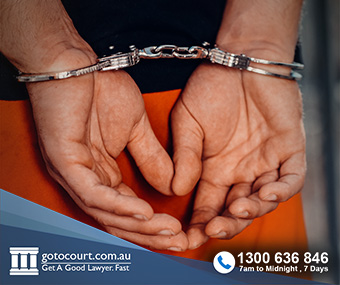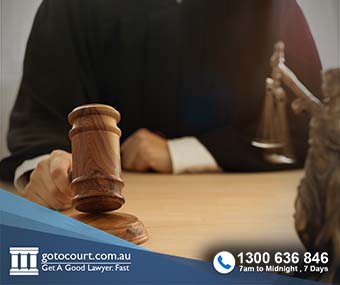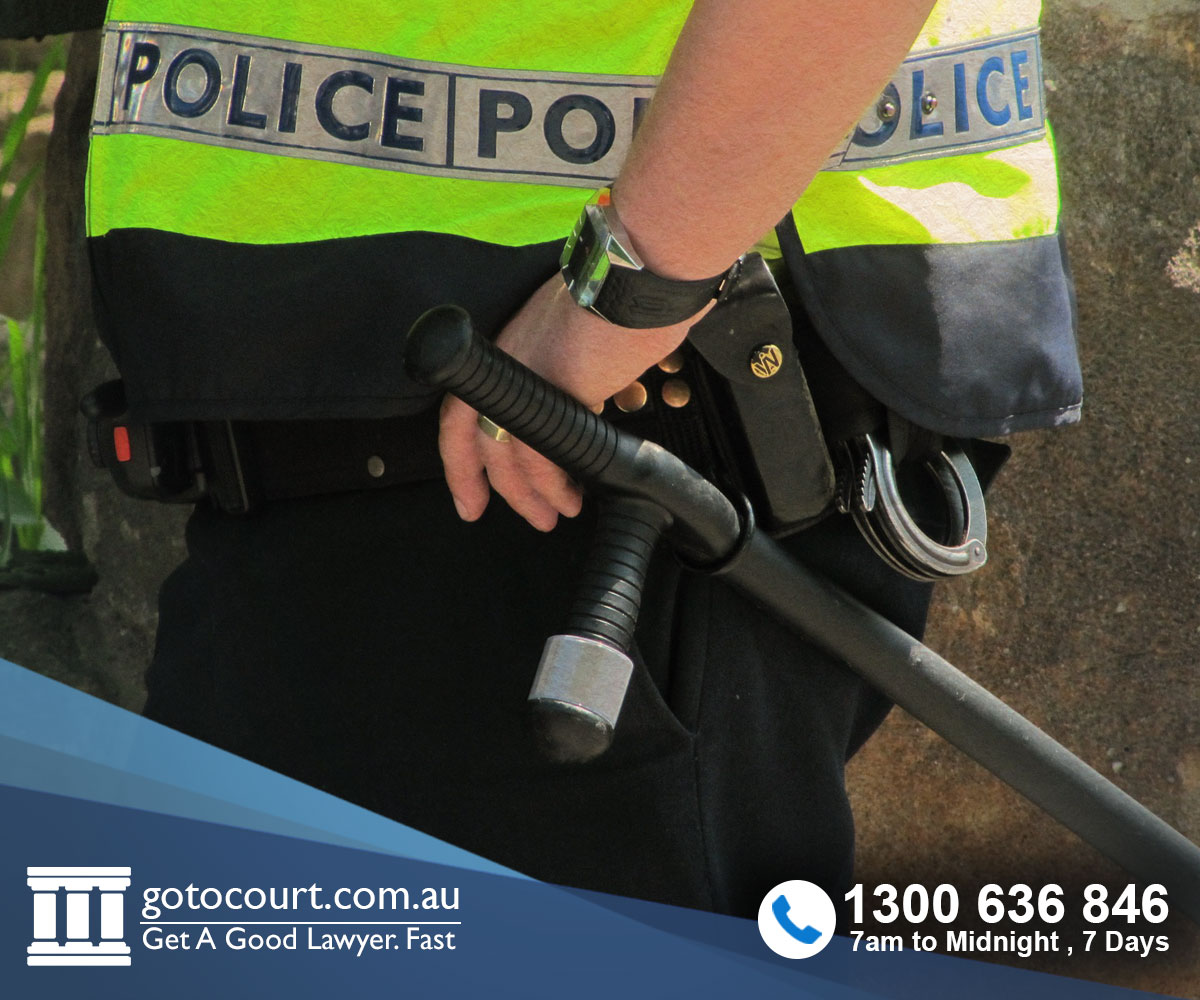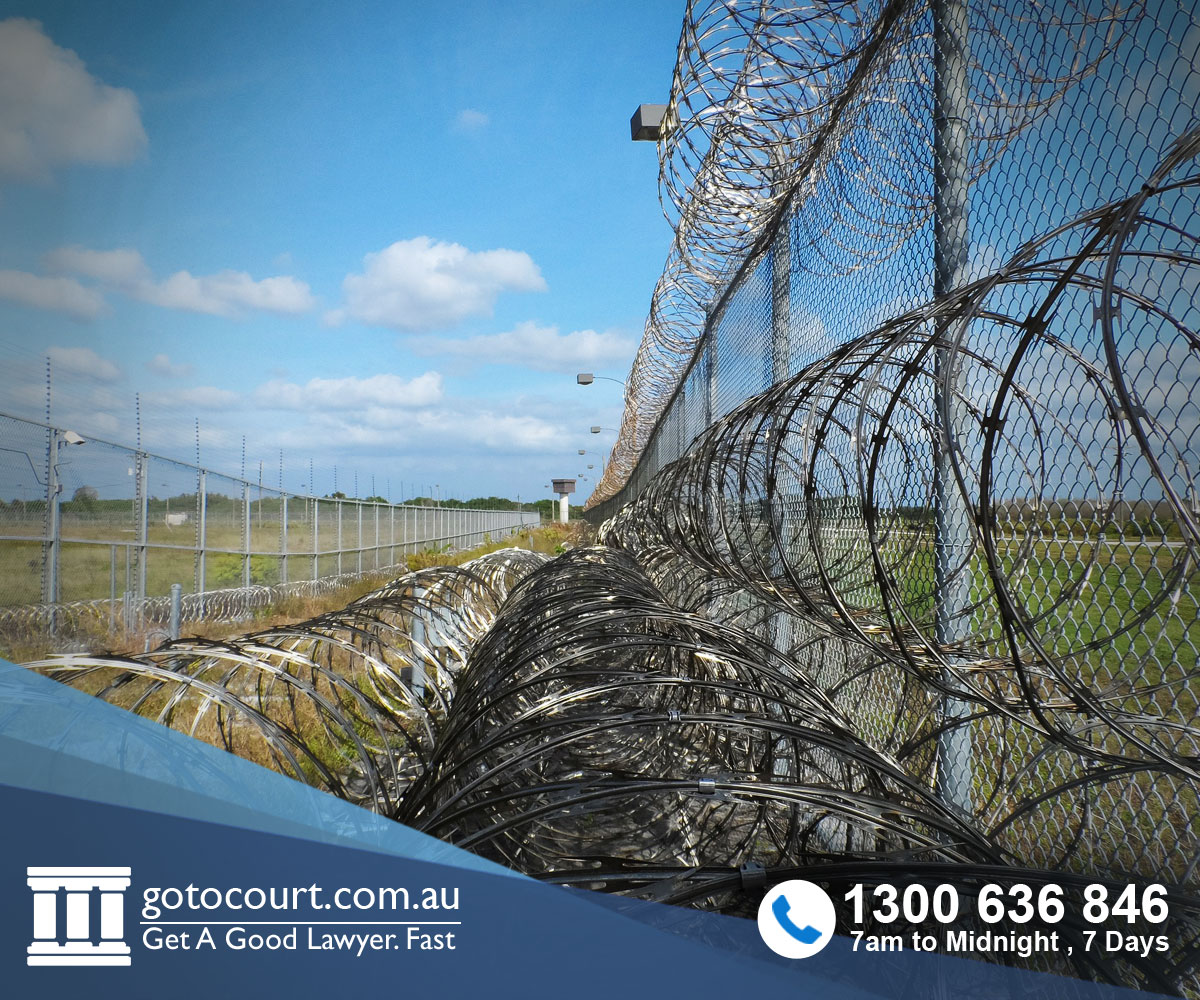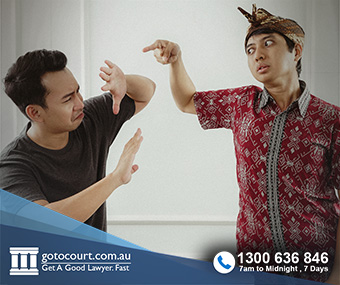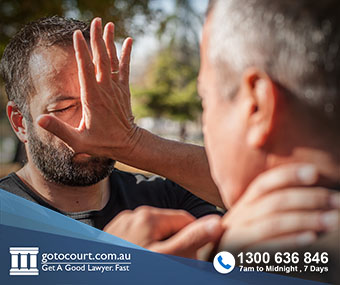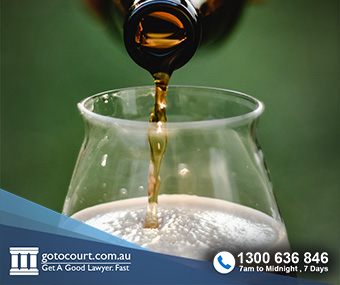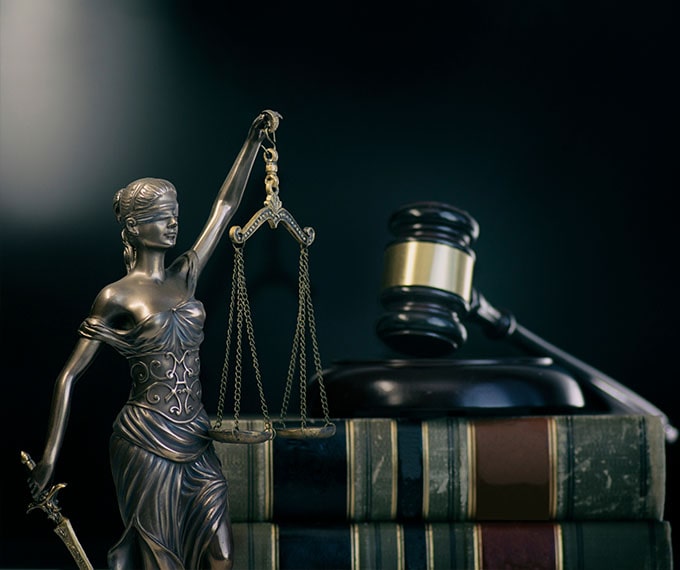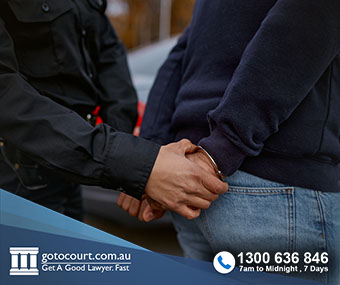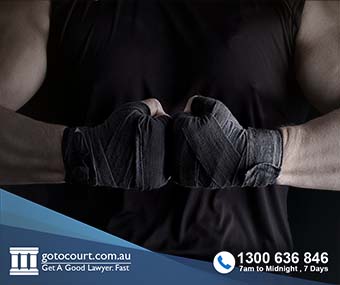Criminal Law South Australia
Criminal Lawyers South Australia
South Australia has recently introduced a new method to notify people who need to attend the Magistrates Court for a criminal law SA summary offence. Instead of receiving a summons you may receive a phone call from the police advising of the time and date, this is then followed up with a text message. This is designed to shorten the time between being charged, and appearing in Court. This new system is referred to as a Court Attendance Notification, and is part of the Early Resolution Court, which is designed to assist offenders who have been charged with a simple summary offence.
Other summary and indictable offences, in which the penalty can be a fine, a good behaviour bond, community service order, or a prison sentence up to 5 years, will be heard in the Magistrates Court.
For serious criminal law SA indictable offences such as murder, robbery and rape, or where the term of imprisonment can be greater than 5 years, you will first be served a Summons to attend the Magistrates Court. After the committal hearing in the Magistrates Court, the matter will be transferred to either the District Court, or Supreme Court depending on the seriousness of the offence.
There are also specialist courts that deal with offenders with particular problems, or issues that need to be addressed. These include the Drug Court, the Youth Court, the Domestic Violence Court, Court Diversion (mental impairment) Program, and the Aboriginal Court.
Penalties and Sentencing in Criminal Law SA Cases
If you are convicted of a criminal offence in South Australia, the courts when deciding on a suitable penalty must take into consideration precedents from past similar cases, and laws set by parliament. They can also consult pre-sentence reports, and victim impact statements. The various factors that must be considered include the circumstances of the offence; past criminal history; personal circumstances of the victim, and the offender; any injury, loss or damage as a result of the offence; whether any early plea of guilty was entered; the need to protect the community; the deterrent any sentence may have; and the possible rehabilitation of the offender.
Types of penalties that can be imposed include fines, good behaviour bonds, community service orders, and imprisonment. There are guidelines in place that state that imprisonment must be considered as the last resort after all other possible options are evaluated.
Ex Parte Convictions and Appeals in Criminal Law SA
In some circumstances a Magistrate can convict you in your absence, at the request of the Prosecutor. This is called an ex parte conviction. If this does occur you can file an application to set the conviction aside, but this must be done within 14 days. The Magistrate will take into consideration the reason why you failed to attend court, and will list the matter for re-hearing if the prosecutor agrees, if the order was made in error, or in the interests of justice. If you believe your sentence was too severe, or you want to dispute the conviction, you can lodge an appeal in the Supreme Court. The Appeal is not a re-hearing of your case but must be based on a question of law.
Appeals from the Magistrate Court, and District Court, on summary or simple indictable matters are determined by a single Judge of the Supreme Court. Appeals from serious indictable offences from the District, or Supreme Court, are heard in the Court of Appeal and decided by a Full Court of three Judges.
Criminal Law Legislation SA
Criminal law SA is governed by the either the Criminal Law Consolidation Act 1935, or the Summary Offences Act 1953. These Acts outline the types of charges that can be laid for certain offences, and provides the minimum and maximum penalties. The Criminal Law (Sentencing) Act 1988 sets out the types of penalties available to the Court. The Act also provides guidelines as to the circumstances surrounding the offence, victim and offender that must be taken into consideration when deciding on an appropriate penalty.
Recommended Resources
South Australian Criminal Law Resources
Breach of Bail in South Australia
Search Warrants in South Australia
Criminal Defences in South Australia
Frequently Asked Question
A criminal lawyer is a type of attorney who specializes in representing individuals and organizations who have been charged with criminal offenses. These offenses can include crimes such as theft, assault, drug offenses, and white collar crimes, among many others.
The primary role of a criminal lawyer is to provide legal representation to their clients in criminal court proceedings. This may involve conducting legal research, gathering and analyzing evidence, developing legal arguments, and representing their clients in court. Criminal lawyers may also provide advice and guidance to their clients on legal issues related to their cases, and may negotiate plea deals or other settlements on their behalf.
In addition to representing their clients in court, criminal lawyers may also handle other aspects of the criminal justice process, such as representing their clients during police interrogations, negotiating bail and other pre-trial release arrangements, and working with other members of the legal team, such as prosecutors and judges, to resolve their clients’ cases.
Overall, criminal lawyers play a critical role in the criminal justice system, and their work can have a significant impact on the lives of their clients. If you are facing criminal charges, it is important to seek the advice and representation of a qualified criminal lawyer who can help you understand your rights and options, and can provide you with the legal support you need to protect your interests and achieve the best possible outcome in your case.
If you are facing criminal charges, it is important to find a good criminal lawyer who can provide you with the legal representation and support you need to protect your rights and interests. Here are some tips to help you find a qualified and experienced criminal lawyer:
- Research potential lawyers: Start by doing some research to identify potential criminal lawyers who practice in your area. Look for attorneys who have experience handling cases similar to yours, and who have a track record of success in the courtroom.
- Read reviews and ask for referrals: Look for reviews and ratings of potential lawyers online, and ask friends, family, and other contacts for referrals. This can help you get a sense of a lawyer’s reputation and their ability to provide effective legal representation.
- Meet with potential lawyers: Once you have identified some potential lawyers, schedule consultations with each of them. This will give you an opportunity to ask questions, learn more about their experience and qualifications, and get a sense of their communication style and approach to handling cases.
- Consider the lawyer’s qualifications and experience: When evaluating potential lawyers, consider their qualifications, including their education, training, and experience handling cases similar to yours. Look for lawyers who are members of professional organizations, such as the Queensland Law Association, and who have a good reputation among their peers and in the legal community.
- Consider the lawyer’s communication style: Choose a lawyer who is a good communicator and who can explain complex legal concepts in a way that you can understand. You should feel comfortable asking questions and discussing your concerns with your lawyer, and they should be responsive and accessible throughout the legal process.
Overall, finding a good criminal lawyer is an important decision that can have a significant impact on the outcome of your case. By doing your research, asking for referrals, and meeting with potential lawyers, you can increase your chances of finding a qualified and experienced attorney who can provide you with the legal representation and support you need.
A criminal defense lawyer is a type of attorney who specializes in representing individuals and organizations who have been charged with criminal offenses. These offenses can include crimes such as theft, assault, drug offenses, and white collar crimes, among many others.
The primary role of a criminal defense lawyer is to provide legal representation to their clients in criminal court proceedings. This may involve conducting legal research, gathering and analyzing evidence, developing legal arguments, and representing their clients in court. Criminal defense lawyers may also provide advice and guidance to their clients on legal issues related to their cases, and may negotiate plea deals or other settlements on their behalf.
In addition to representing their clients in court, criminal defense lawyers may also handle other aspects of the criminal justice process, such as representing their clients during police interrogations, negotiating bail and other pre-trial release arrangements, and working with other members of the legal team, such as prosecutors and judges, to resolve their clients’ cases.
Overall, criminal defense lawyers play a critical role in the criminal justice system, and their work can have a significant impact on the lives of their clients. If you are facing criminal charges, it is important to seek the advice and representation of a qualified criminal defense lawyer who can help you understand your rights and options, and can provide you with the legal support you need to protect your interests and achieve the best possible outcome in your case.
Lawyers defend criminals because it is their job to provide legal representation to individuals and organizations who have been charged with criminal offenses. This is an important role in the criminal justice system, as it ensures that everyone has access to legal representation and that everyone is treated fairly and justly under the law.
In many cases, criminal defense lawyers may be appointed by the court to represent individuals who cannot afford to hire a lawyer on their own. This ensures that even those who are unable to pay for legal representation are able to receive the legal support they need to defend themselves against criminal charges.
In other cases, individuals who have been charged with criminal offenses may choose to hire a private criminal defense lawyer to represent them. This allows them to select an attorney who has experience and expertise in handling cases like theirs, and who can provide them with personalized legal representation and support.
Overall, the role of a criminal defense lawyer is to provide their clients with the legal representation and support they need to ensure that they are treated fairly and justly under the law. This is an important function of the criminal justice system, and one that is essential to maintaining the rule of law and protecting the rights of all individuals.



